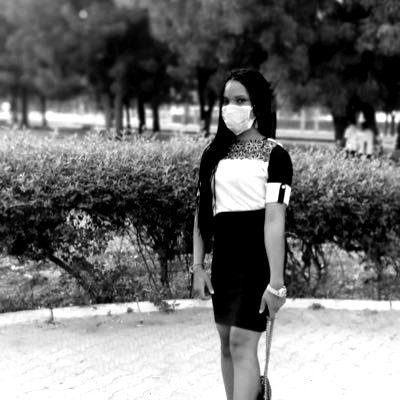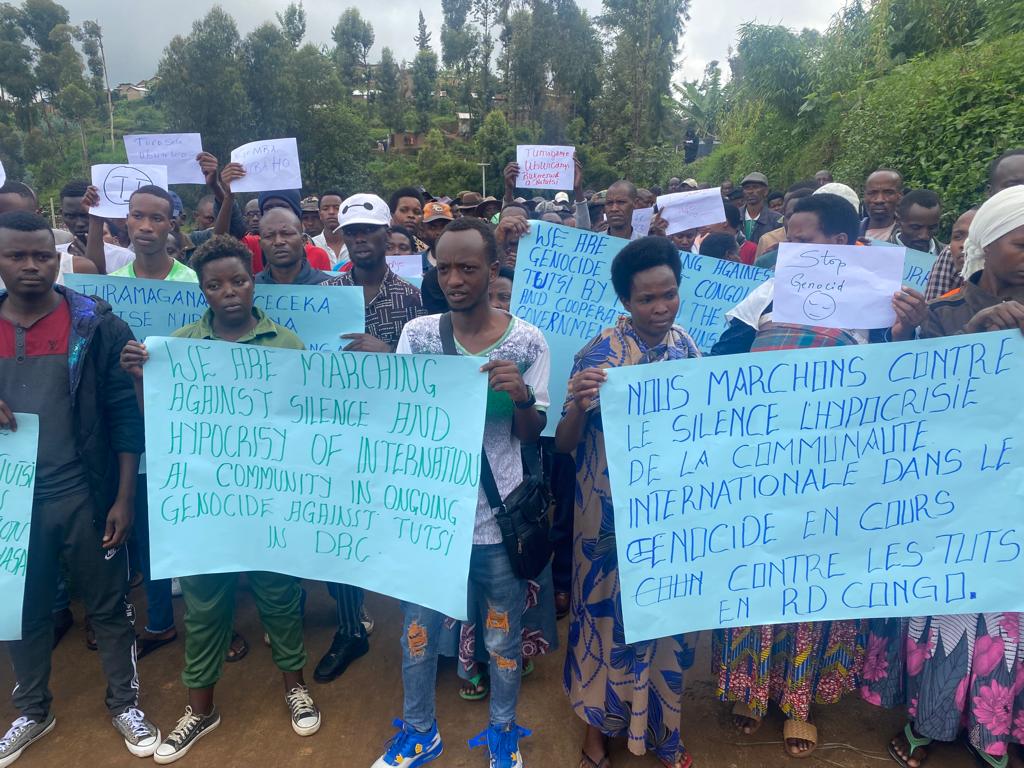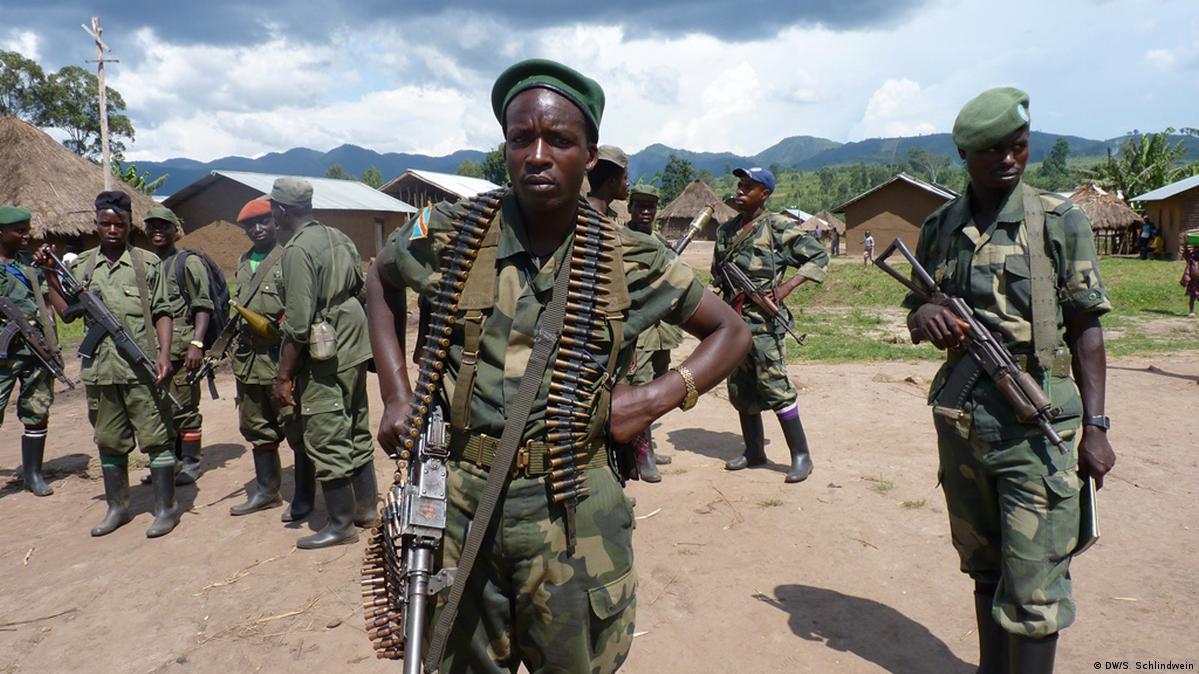Regional
Will Tshisekedi honor AU recommendations?
.jpeg-20230224104259000000.jpeg)
In
Addis Ababa, on February 17, the Peace and Security Council (PSC) of the
African Union (AU), briefed Heads of State and Government on the situation in eastern
DRC, at the AU summit.
The Council
expressed grave concerns over the prevailing insecurity and the deterioration
of the humanitarian and socio-economic development due to violence and human
rights abuses committed by armed groups in eastern DRC.
The
Council demanded that that all armed groups, particularly M23, as well as the
ADF and FDLR, immediately cease hostilities and unconditionally withdraw from
eastern DRC. Additionally, it underscored the need to engage in rehabilitation
and community development plans to address the issue of ex-combatants and
voluntary return of IDPs and refugees, among others.
The
Council also expressed concern over the tensions between the DRC and Rwanda. In
this regard, it called for calm and greater dialogue between the two countries
in furtherance of durable peace in the region, encouraged them to prioritize
peaceful means of addressing the challenges between the two neighborly
countries, and reaffirmed the importance of building confidence and trust in
the region.
Congolese
President Félix Tshisekedi was present during the meeting and heard all the
recommendations. But will he implement them without addressing the root causes
of the crisis in his country first?
The
disarmament and cessation of hostilities is necessarily to all armed groups,
and not only M23. Unlike other militia, the M23 is a rebellion fighting against
a government that has deprived its communities, the Congolese Tutsi, of the
right to citizenship. The M23 rebellion’s community is persecuted and a
genocide against it is gradually being implemented. Yet no one – not even the
AU - seems to care about their plight.
Upon
receiving alarming reports on multiple attacks against civilians along ethnic
lines, especially the Tutsi Congolese, the UN Special Adviser on the Prevention
of Genocide, Alice Wairimu Nderitu, issued statements in November 2022, and
January 2023, expressing her concern on the deterioration of the security and
human rights situation in eastern DRC.
Both
statements reiterated the indicators and triggers of a simmering genocide in
the country, including dissemination of hate speech and absence of independent
mechanisms to address it; politicization of identity; proliferation of local
militias and other armed groups across the country; widespread and systematic
attacks, and sexual violence.
“Impunity
cannot prevail. When such heinous crimes are committed, perpetrators must never
get away with it…The conditions necessary for the commission of atrocity crimes
continue to be present in a region where a genocide happened in 1994-in Rwanda,”
stressed the Special Adviser.
While
Kinshasa and the international community are only focusing on the M23, and have
branding them terrorists, DRC has failed to uproot the genocidal FDLR, made of individuals
responsible for the 1994 Genocide against the Tutsi in Rwanda. Instead, Kinshasa
is sponsoring a coalition of the Congolese army, FARDC, the genocidal FDLR, Mai
Mai militias and foreign mercenaries.
In a
recent interview with the media, Bernard Maingain, a Belgian lawyer, who has
for several years condemned the anti-Tutsi hate speech in eastern DRC, shed
light on why the genocide ideology did not dissolve with time, close to three
decades after it happened in Rwanda.
He
stressed that in DRC, the plan to complete the extermination of the Tutsi was never
lost. Those who managed to stay in DRC and mingle with the population have
propagated the ideology, and now, the entire Great Lakes region is infested by
this Manichean discourse that led to the genocide in Rwanda in 1994.
On
the issue of Rwanda-DRC relations, it is clear that Tshisekedi has no will to
mend the relationship diplomatically. In October 2022, DRC expelled the Rwandan
Ambassador, and in January 2023, Rwandan military officers who were working at
the East African Community regional force headquarters in the Congolese city of
Goma, were expelled. On top of this Congolese jet fighters have violated
Rwandan airspace, on three different occasions.
Following
the AU summit, many political commentators argued that it is clear that
Tshisekedi and his government are not ready for dialogue, or to apply any
diplomatic means in order to restore peace in east DRC.
Tshisekedi
has failed to implement the Luanda, Nairobi, and the recently, Bujumbura peace
initiatives.How then can anyone expect him to pay attention to the AU
recommendations?




.jpeg-20230222113211000000.jpeg)

.jpg-20230221102203000000.jpg)
